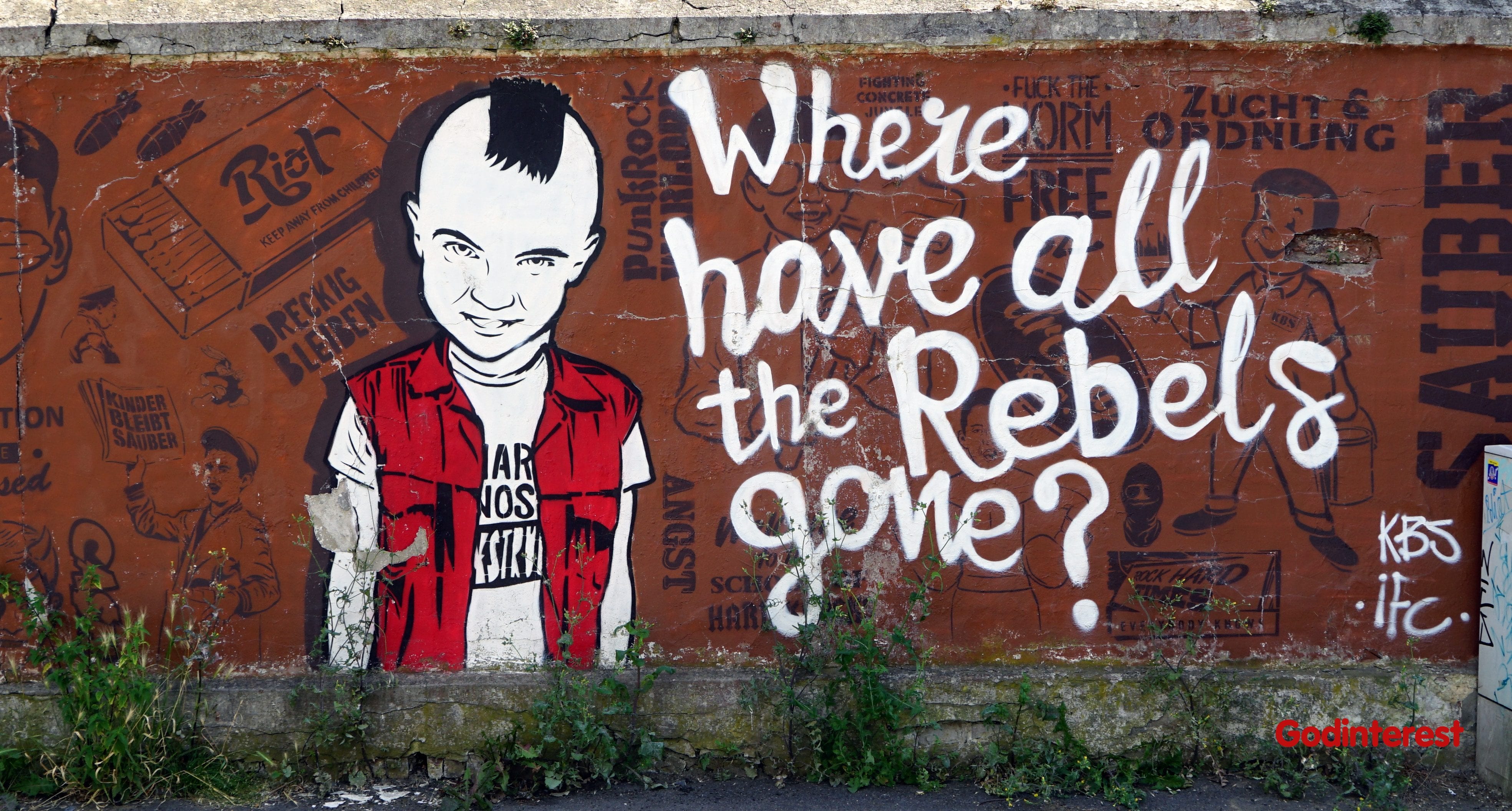We all know that the more power you have, the better you are able to get the job completed. The problem is most project managers have lots of responsibility, but hardly any authority and since most projects exist outside core business structures, they are forced to develop other methods of influence.
One unspoken evil that is often ignored on project management training courses is the politics of project management. While most of us view politics with disgust; there is no refuting that effective project managers are often seen as those who are equipped and able to employ fitting political strategies to further their project goals.
“In a Perfect World the Best Workers Would Be Promoted on Merit Alone and the Best Ideas Would Be Adopted Regardless of Personal Interest – but We Do Not Live in Utopia”
Have you ever included ‘office politics’ as a risk on your risk register? Probably not. Though, consider the potential implications of ignoring the ugly stepchild of project management?
“The Objective of Office Politics Is to Manipulate a Situation in Order to Achieve an Outcome That Will Benefit One Individual or Group at the Expense of Other Individuals or Groups.”
While it is unlikely that ‘office politics’ would be listed directly as a risk on your risk register, it is quite likely that one or more of the outcomes of it would. As a result, if you want to survive and prosper in the real world you need to combine good work with smart politics to ensure your own success and that of your projects. The biggest mistake a project manager can make is to assume that politics in project management doesn’t exist. After all, politics is human nature and has played an integral part in history since the dawn of civilization.
In a group where working interactions are fraught with tension and individuals have their own personal agendas or want to be “top dog” personal conflicts will often get in the way of the project aims. Issues between members of the team become the over-riding concern both for the individuals afraid and sometimes even the project manager. Meetings can consist of jostling for power or simply trying to justify your position and when that happens progress on the project will undoubtedly suffer.
For most project managers, playing politics is a form of slow, soul-destroying torture where logic, self-control, transparency and trustworthiness are replaced by deception, concealment, and sabotage. However, ignoring the external and internal politics surrounding your project or organization is dangerous. Successful project managers need to understand organizational politics and how to make them work for project success.
In the case of project politics you can use these key techniques in a constructive manner:
Carefully Manage Your Own Conduct
- The first rule is to at all times act in a way that commands respect and beyond that, respect others. That means not gossiping, spreading rumors or getting sucked into interpersonal conflicts and arguments. Maintain your honesty!
- Be positive as a positive outlook is a choice that you can always make and remain professional.
- Be confident and firm but not hostile and make sure you take organizational perspectives, not a personal one when voicing objections or giving criticism.
- Always assume things will be disclosed, so don’t rely on confidentiality.
- Over time you will learn what works in your organization’s culture and what doesn’t. Try to watch other people and identify successful behaviors that you can model to navigate the political minefield.
Review the Organization Chart
- Sit back and watch for a while. Identify the real influencers, those who are respected, champions, those who have authority but don’t use it, the mentors and last but not least the true brains behind the organization. Then re-map the organization chart in terms of political influence as politics will often bypass the formal organization chart.
Understand the Social Network
- Once you know who’s who in the organization, you have to understand the social networks. This involves identifying who gets along with whom, groups or cliques that have formed and ongoing interpersonal conflicts. Over time you will learn who has the most trouble getting along with others and the basis for the interrelationship whether it be friendship, respect or manipulation, including how the influence flows between all parties.
Build Good Relationships
- Now you need to build multiple networks but avoid aligning yourself with one group or another this way you can keep your finger on the pulse of the organization.
- Don’t be afraid of politically powerful people and instead, develop relationships that cross the formal hierarchy in all directions.
- Build your relationships on trust and respect and avoid empty flattery.
Use Your Social Network
- You will need to learn to use your social network to stay clear of negative politics. You can do this through positive political action.
- Use your network to gain access to information, build visibility of your achievements and improve difficult relationships.
- Attract opportunities where you can shine and seek out ways to make yourself, your team and your boss look good.
Counteract Negative Play
“The Expression, Keep Your Friends Close and Your Enemies Closer” Couldn’t Be Any Truer When It Comes to Office Politics.”
- Your mapping of the organization will help you to identify those people who use others for their own political purposes, and not for the common good. Know that these people typically have low self-worth (that’s why they rely on destructive politicking to get ahead). Always be very careful what you say to them. Understand what motivates them, their goals, and how to avoid or counter the impact of their politics
- Remember loyalty is not a reliable factor in the workplace!
“It is easy to become a target if you’re ambitious or if you strive for change. One of the biggest mistakes we make in our career is to assume that everyone likes progress. This is not true’Å —’Å many are content with the status quo and will defend it with their life.”
Projects are rarely easy and office politics can compound other sorts of problems that arise so they need to be dealt with swiftly and firmly.





